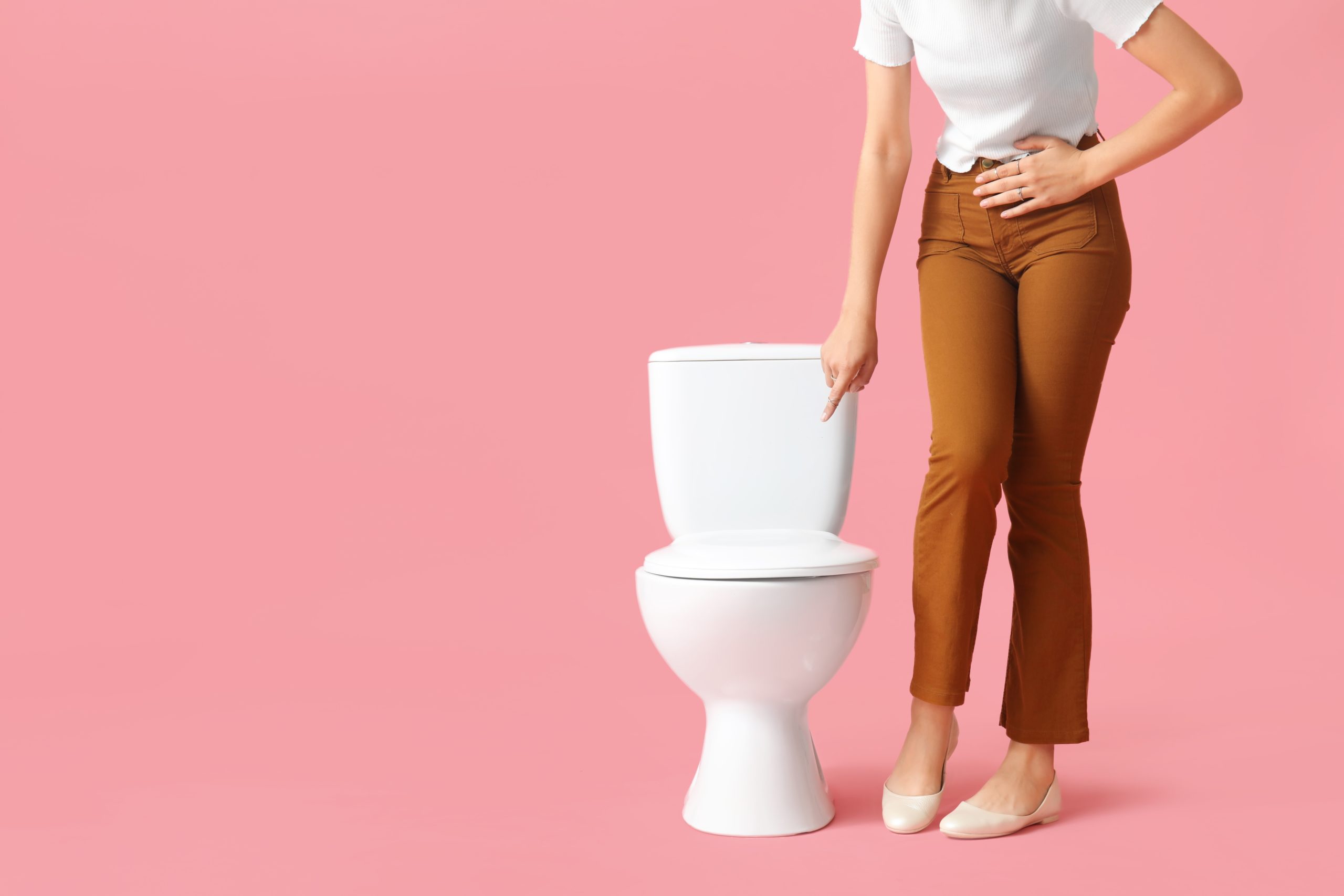
Overcoming The Stigma: Living With Fecal Incontinence
Fecal incontinence is a medical condition that can be embarrassing and debilitating. It is a condition where the individual loses control over their bowel movements and may experience leakage or accidents. It can affect people of all ages, but symptoms tend to be more common in older adults. While it is a difficult situation to deal with, it is important to know that it is not uncommon and there are treatments available.
We at Peter M Lotze, MD talk about sensitive topics such as fecal incontinence because we’re trying to eliminate the stigma and embarrassment that many people living with these conditions feel. We want to provide our readers with the tools to be informed so those suffering from these conditions can feel more at ease discussing their symptoms with a healthcare provider and get relief.
Continue reading for our guide on living with fecal incontinence.
Causes Of Fecal Incontinence
There are many potential causes of fecal incontinence, including nerve damage, muscle damage, and chronic diarrhea. Childbirth and specifically trauma or injury during vaginal delivery is a common culprit for fecal incontinence in women. It can also be a side effect of certain medications, such as antibiotics. In some cases, fecal incontinence can be a symptom of an underlying medical condition, such as Crohn’s disease or ulcerative colitis.
If you are experiencing fecal incontinence, it is important to seek medical attention. Your doctor can perform tests to determine the underlying cause of your condition and recommend appropriate treatment options.
Treatment Options For Managing Fecal Incontinence
Treatment options may include:
- – Medications such as anti-diarrheal drugs may be prescribed to help manage symptoms.
- – Dietary changes, such as increasing the amount of fiber in your diet or avoiding foods that can cause diarrhea (e.g., spicy or fatty foods), can also be effective.
- – Pelvic floor exercises, such as Kegels, can help strengthen the muscles that control bowel movements. Doing pelvic floor exercises on your own (from YouTube, online articles, etc.) has a high failure rate and can worsen your symptoms by isolating the wrong muscles. These exercises should be taught by a trained pelvic floor physical therapist.
- – In some cases, surgery performed by a colorectal surgeon may be necessary to repair damaged muscles or nerves. This type of surgery does carry risks including chronic pain and the success rate tends to decrease over time.
- – Sacral neuromodulation is another option that can help control fecal incontinence. It works similarly as a pacemaker for your heart (causes the muscles to contract). As a side comment, sacral neuromodulation can also be used to manage urinary urge incontinence and other overactive bladder symptoms. This is done in an operating room (for a sterile environment) in two stages. First, you undergo a trial period to see if it works. If it does, then you go back to the OR a second time to have the device implanted.
To learn more about urinary incontinence, read this: 7 Signs You Should Talk to a Health Care Provider About Urinary Incontinence.
Risks
It is also important to maintain good hygiene to reduce the risk of infection. Fecal incontinence is a major risk factor for urinary tract infections and vaginal infections for women especially. Since the anus, vagina, and urethra in females are located very close to one another, bacteria from stool does not have to travel very far to cause a bladder or vaginal infection.
Living With Fecal Incontinence
Living with fecal incontinence can be challenging, but it is important to remember that you are not alone. There are many resources available to help you manage your condition and improve your quality of life. Support groups and online communities can provide a safe space to connect with others who are experiencing similar challenges. However, beware of the information shared in online communities and online in general because it can be misleading information and do more harm than good. The best source for reliable information is your healthcare provider.
It is also important to communicate openly and honestly with your healthcare provider about your symptoms and any concerns you may have. Your doctor can work with you to develop a treatment plan that is tailored to your individual needs and goals.
In conclusion, fecal incontinence is a medical condition that can be difficult to manage, but it is important to seek medical attention and explore treatment options. With the right care and support, it is possible to improve your quality of life and regain control over your bowel movements. Remember to take care of yourself and reach out for help when you need it.
Get Help
Ready to talk to a healthcare provider and find out what treatment options are right for you? Contact our office today and schedule a consultation with Dr. Lotze and his team (in person and virtual visit appointments are available). We are here to help you gain back your freedom from fecal incontinence!
Connect With Us
Be sure to check our blog regularly for new posts, and follow us on Facebook and Instagram @PeterMLotzeMD for health and wellness tips and more!



